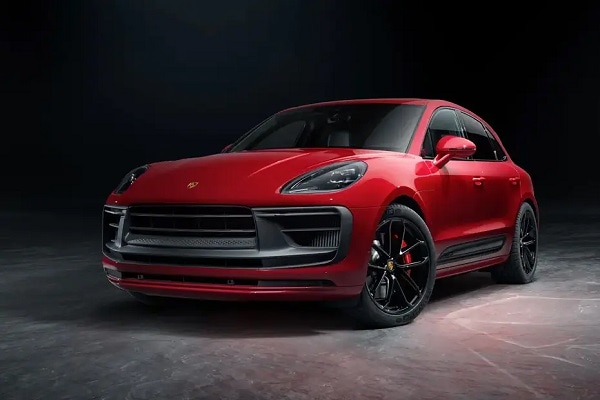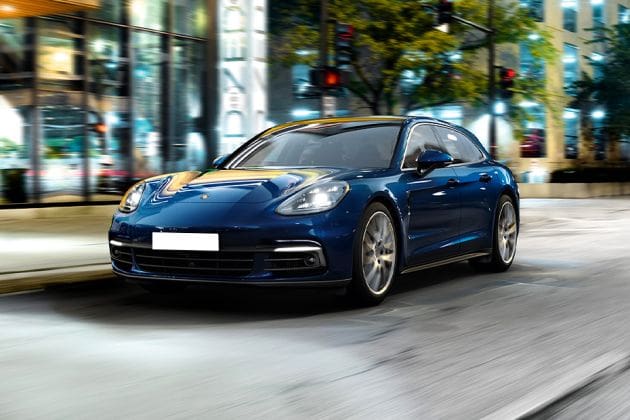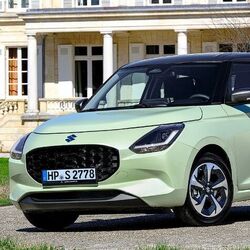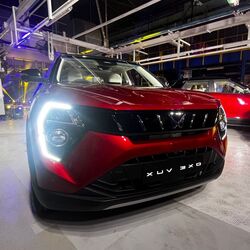Wireless charging for EVs? VW aims 80% charging in 10 minutes for Porsche Taycan
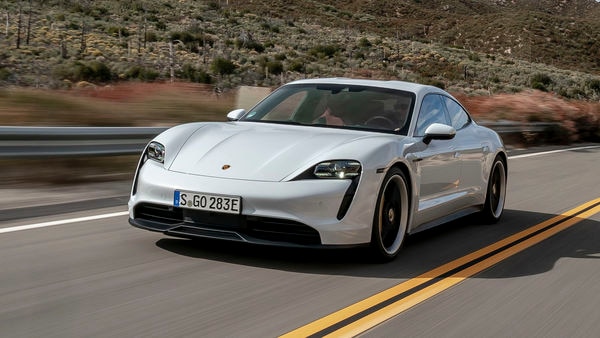

Wirelessly charging an electric vehicle could soon be a reality as several companies have joined in pursuit of a breakthrough in electric vehicle charging technology. Volkswagen is the one of the latest carmaker to join the bandwagon, and it is working on Porsche Taycan EV to come up with a solution.
Volkswagen is using its technology unit in US called Innovation Hub Knoxville, which has tied up with the Oak Ridge National Laboratory and University of Tennessee in Knoxville to come up with a wireless charging technology that can eliminate the need to set up bulky EV chargers for recharging.
Also check these Cars
Basically the research, which has picked the Porsche Taycan EV as the case study, aims to use electromagnetic waves to charge an electric car instead of the conventional wired setups.
Porsche Taycan EV, which is all set to be launched in India on November 12, is currently offered in global markets with two electric motors. They are paired with a 71 kWh battery pack and a 83.7kWh battery pack, and offer a range of up to 500 kms on single charge. As far as charging is concerned, the Taycan EV takes about eight hours reach zero to 100 per cent charge using a 22kW charger. It is slightly quicker with a 150kW charger which allows the electric car to charge up to 80 per cent within 40 minutes. The quickest way so far to charge a Porsche Taycan EV is to use a larger 350kW charger, which can recharge the electric vehicle by up to 80 per cent in just 22 minutes.
Volkswagen aims to improve the time taken to charge the Taycan EV to just 10 minutes. It hopes the new wireless charging technology can reach up to 300 kW level soon, almost equal to Porsche's wired Rapid chargers currently in use.
Nikolai Ardey, Executive Director Group Research at Volkswagen Group, was quoted by auto new magazine Carscoops saying, “The global Volkswagen Group aims to build a more sustainable vision of future mobility worldwide, and we connect the best researchers in the world to make that a reality. Co-innovating with partners like Oakridge National Laboratory and University of Tennessee helps to multiply the power of Volkswagen’s international innovation team."
Porsche will drive in the Taycan electric sedan to India this month, along with the facelift version of Macan SUV. The Taycan electric is likely to be offered in two variants in India, which include the Turbo and Turbo S variants.
The Turbo S variant is capable of churning out 761 bhp against 680 bhp produced by the Turbo variant. It is also quicker than the Turbo variant with a sprint between zero and 100 kmph in just 2.8 seconds, 0.04 seconds quicker.







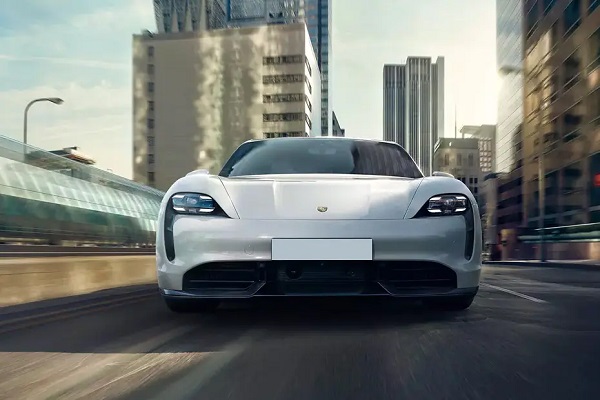
 93.4 kwh
93.4 kwh 302 km
302 km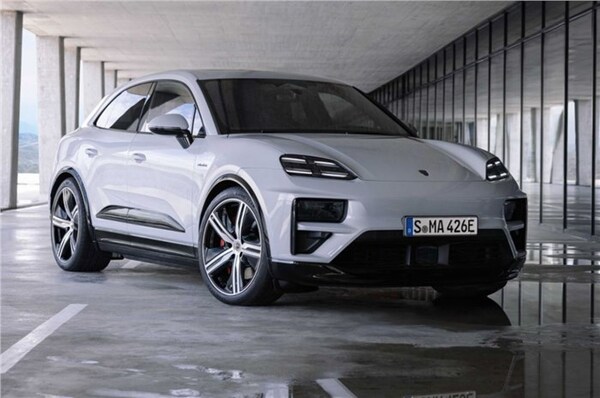
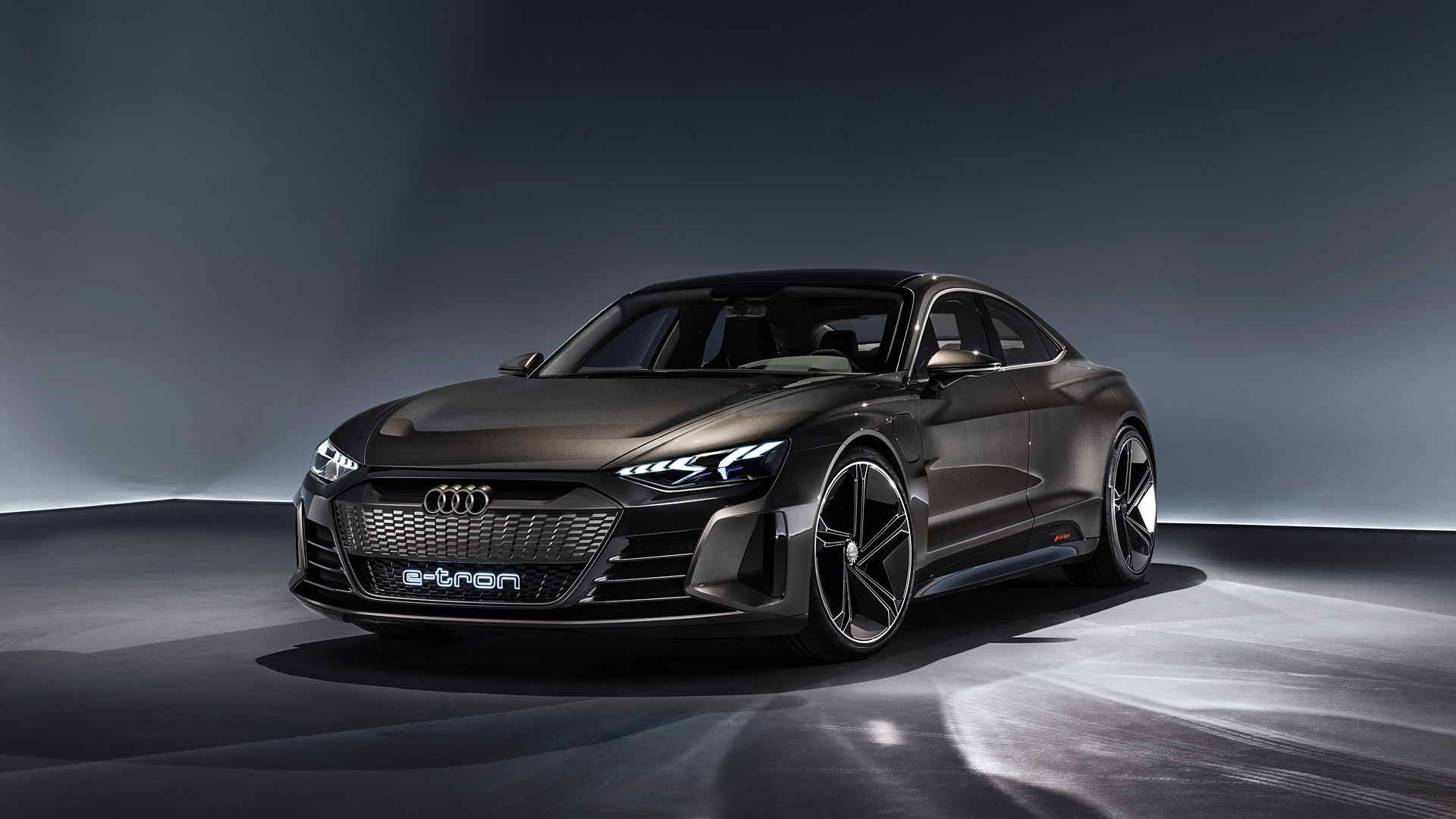
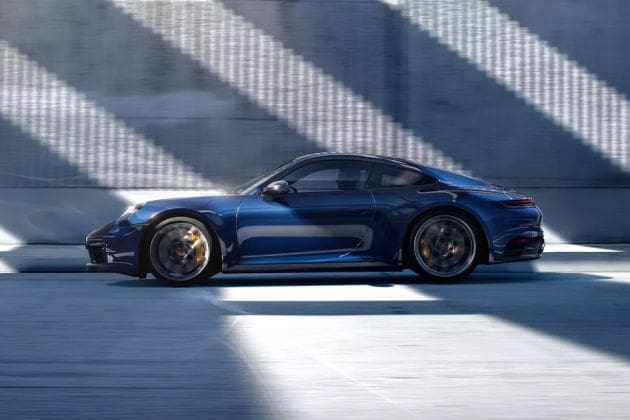
 3745.0 cc
3745.0 cc Petrol
Petrol